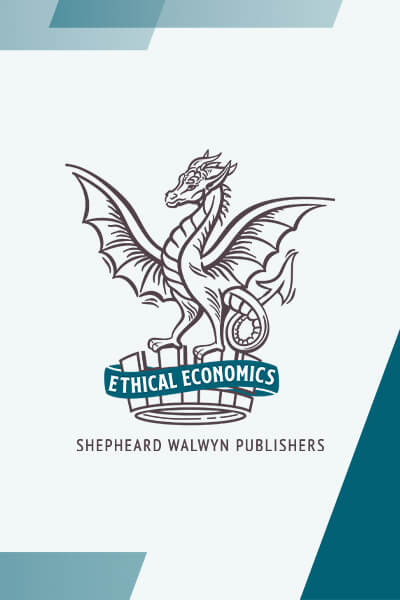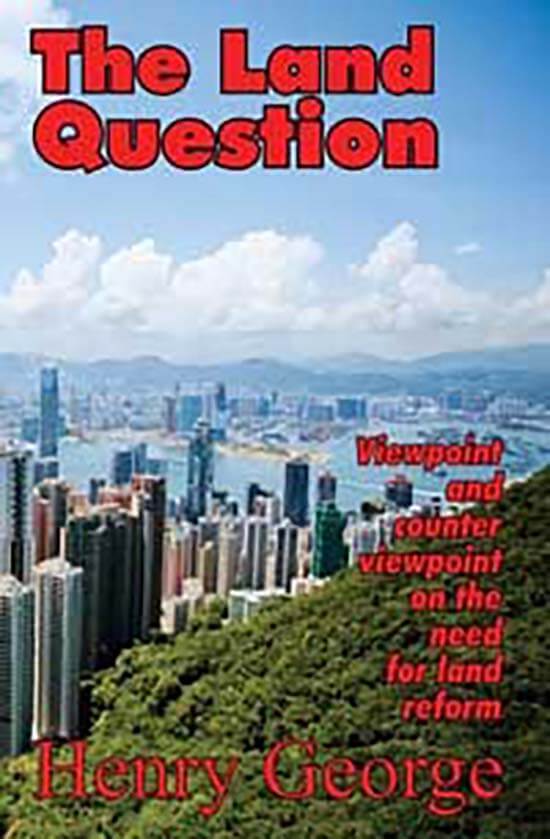In Progress and Poverty Henry George sought the ‘cause of industrial depressions and the increase of want with the increase of wealth’ and offered a ‘remedy’ which remains as relevant to the problems of poverty and inequality we face today, as when he first wrote, but it also opens a new way of dealing with environmental pollution.
To understand the relevance of the ‘remedy’ we need to understand what causes poverty and inequality. The cause is institutionalised, just as slavery once was. As Mandela pointed out in his Trafalgar Square speech in 2005: ‘Like slavery and apartheid, poverty is not natural. It is man-made and it can be overcome and eradicated by the actions of human beings.’
What is the institution that makes poverty inevitable? Adam Smith described it very succinctly in The Wealth of Nations:
‘As soon as land becomes private property, the landlord demands a share of almost all the produce which the labourer can either raise, or collect from it. His rent makes the first deduction from the produce of the labour which is employed upon land.’
More recently (27th Dec 2009) in the Financial Times John Kay wrote:
‘You can become wealthy by creating wealth or by appropriating the wealth created by other people. When the appropriation of the wealth is illegal it is called theft or fraud. When it is legal economists call it rent-seeking.’
But, economists will say, private property in land is essential for economic development. Without security of tenure, nobody is going to invest in sowing crops or building a business. As Hernando de Soto pointed out in The Mystery of Capital economic success has everything to do with the legal structure of property and property rights.
At the end of the 19th century there was growing friction between industrialists and workers over pay, and the appalling conditions under which so many workers lived was troubling the conscience of society. This prompted Pope Leo XIII in 1891 to issue his encyclical Rerum Novarum, ‘to refute false teaching … in the interest of the Church and the commonweal … [He] thought it useful to speak on the condition of labour … [and] to treat expressly and at length, in order that there may be no mistake as to the principles which truth and justice dictate for its settlement.’
Read more From Land & Liberty Spring 2018







